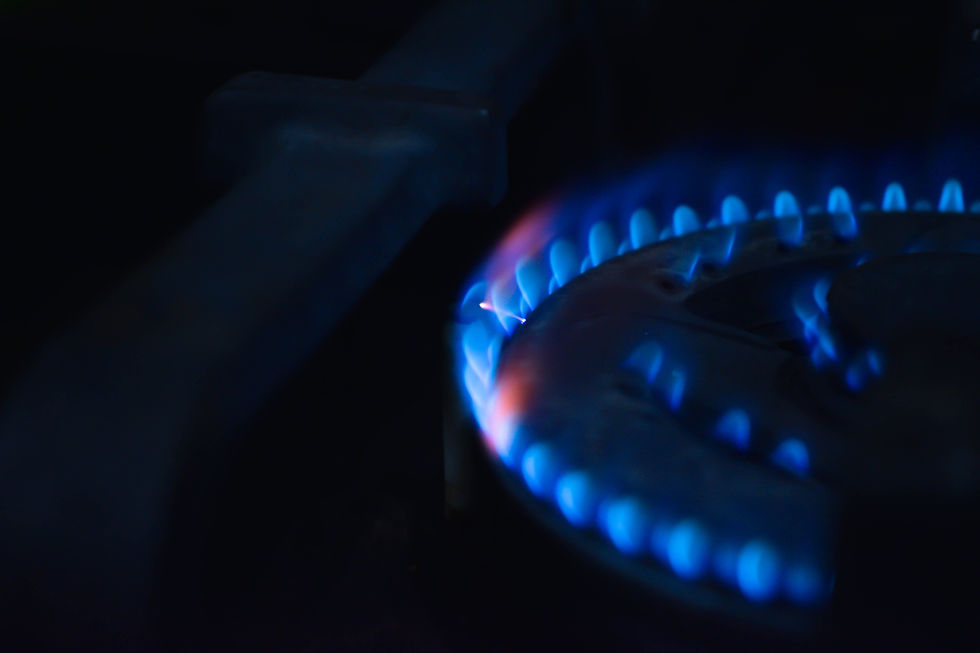LPG ?
- Arslan Denizli
- Sep 15, 2023
- 2 min read

LPG stands for "liquefied petroleum gas." It is a flammable hydrocarbon gas that is used as a fuel in various applications. LPG primarily consists of propane and butane, although it can contain other gases as well. Here are some key points about LPG:
Composition: LPG is a mixture of propane (C3H8) and butane (C4H10), with propane being the more common component. The exact composition may vary depending on the source and intended use.
Source: LPG is typically produced during the refining of crude oil and natural gas extraction. It can also be produced as a byproduct of natural gas processing.
Properties: LPG is stored and transported in a compressed or liquefied state because it becomes a liquid at relatively low pressures and at moderate temperatures. This makes it convenient for storage and transportation.
Uses:
Residential: LPG is commonly used as a fuel for heating homes, cooking, and providing hot water.
Industrial: Many industries use LPG for processes such as heating, drying, and powering equipment.
Transportation: LPG can be used as a fuel for vehicles, including cars, buses, and forklifts.
Agriculture: LPG is used in agriculture for tasks like crop drying and running farm equipment.
Refrigeration: LPG can be used as a refrigerant in certain applications.
Power Generation: Some power plants use LPG as a backup or primary fuel source.
Environmental Considerations: LPG is considered a cleaner-burning fuel compared to some other fossil fuels, such as coal or oil. It produces fewer greenhouse gas emissions and air pollutants when burned. However, it is still a fossil fuel and contributes to carbon dioxide (CO2) emissions when combusted.
Safety: LPG is highly flammable and should be handled with care. Proper storage, transportation, and usage practices are essential to prevent accidents.
Availability: The availability of LPG can vary by region. In some places, it is widely used and readily available, while in others, it may be less common.
Conversion: Some appliances may require conversion to use LPG instead of natural gas or other fuels, as the burners and regulators may need adjustment.
Overall, LPG is a versatile and widely used fuel source that serves various purposes in residential, commercial, and industrial settings due to its convenience and relatively cleaner burning characteristics compared to some other fossil fuels.


Comments